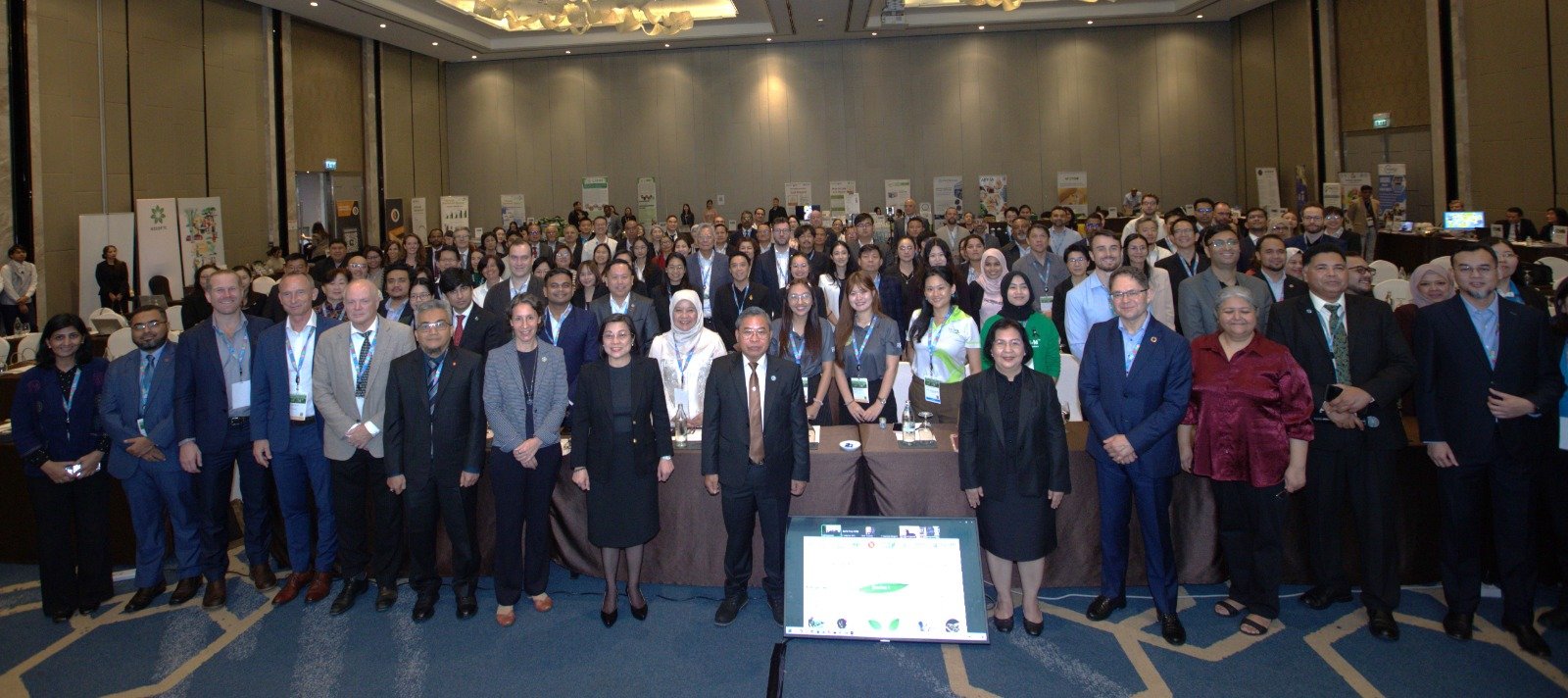Bangkok (TDI): The three-day bioeconomy innovations and investment forum 2025 (BIIF) kicked off on Tuesday, bringing together nearly 600 participants from governments, embassies, the private sector, research institutions, investors, start-ups, and civil society.
The Forum has been organized by FAO in collaboration with 18 co-organizers and contributors, including the United Nations Conference on Trade and Development, United Nations Environment Program, and United Nations Economic and Social Commission for Asia and the Pacific.
The Forum provides a platform to showcase innovative solutions addressing food loss, waste, and unsustainable agrifood systems across crops, livestock, fisheries, and forestry.
Building on this collaborative focus, Dr. Tatsanee Muangkaew, Deputy Permanent Secretary, Ministry of Agriculture and Cooperative, Thailand, highlighted “the country’s commitment to the Bio-Circular-Green (BCG) Economy Model and the Agricultural BCG Model.
These initiatives aim to drive high productivity, standards, and income through sustainable, value-added agriculture, an approach seen as central to building a sustainable and resilient global agricultural sector.”
Read More: FAO Welcomes New Assistant Director-General & Regional Rep for Asia Pacific
A key highlight of the forum is the Business-to-Business Networking Session, connecting more than 50 industry leaders and start-ups with investors and policymakers to scale successful bioeconomy models.
With 56 expert speakers, discussions focus on the critical role of reliable and eco-friendly sources to drive the region’s bioeconomy forward.
These conversations are needed in our region, and together with our partners, we are ready to anchor this idea in the Asia and Pacific region. Our sincere thanks to the FAO for these efforts”, said Faiyaz Murshid Kazi, Ambassador of the People’s Republic of Bangladesh to Thailand.
The Food and Agriculture Organization has designated bioeconomy as a Program Priority Area under its Strategic Framework 2022–2031, reinforcing its commitment to driving innovation, reducing food loss and waste, and fostering sustainable and inclusive growth.
“Our region has immense scope for advancing bioeconomy,” said Alue Dohong, FAO Assistant Director-General and Regional Representative for Asia and the Pacific.
“To harness it, we must ensure sustainable supply of raw materials, clear and aligned policies, and collaboration across government, the private sector, academia, and producers.”
Bioeconomy for Sustainable Transformation (BEST) Framework
The forum will discuss setting up a regional node of the Bioeconomy for Sustainable Transformation (BEST) Partnership, a global multistakeholder platform dedicated to scaling bioeconomy solutions for sustainable agrifood systems, and feed into the global bioeconomy summit in Ireland next year.
The BEST Partnership will foster collaboration among governments, investors, research institutions, and the private sector to turn bioeconomy innovations into scalable solutions.
Aligned with the G20 Bioeconomy Initiative, BEST will strengthen policy coherence, enhance knowledge sharing, and support multilateral action to unlock the region’s bioeconomy potential.
Established in December 2008, The Diplomatic Insight is Pakistan’s premier diplomacy and foreign affairs magazine, available in both digital and print formats.



